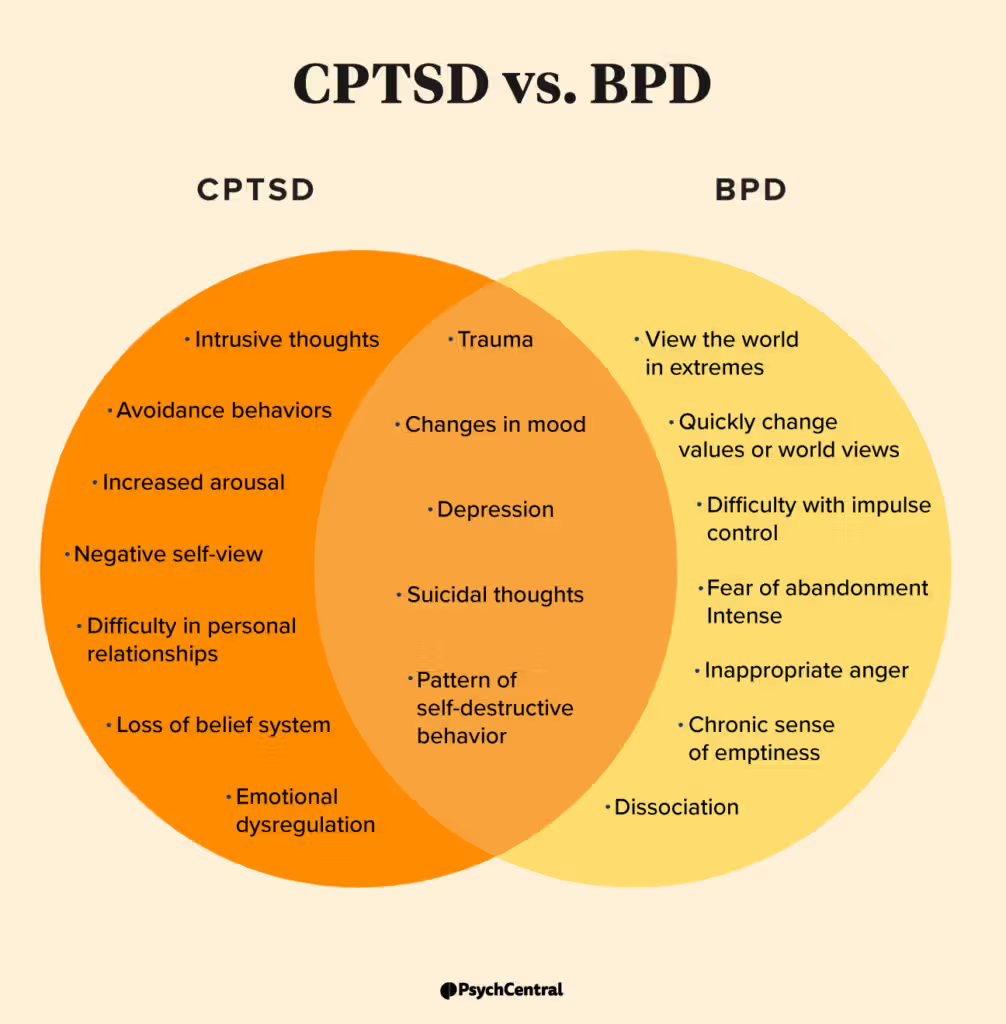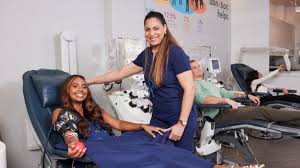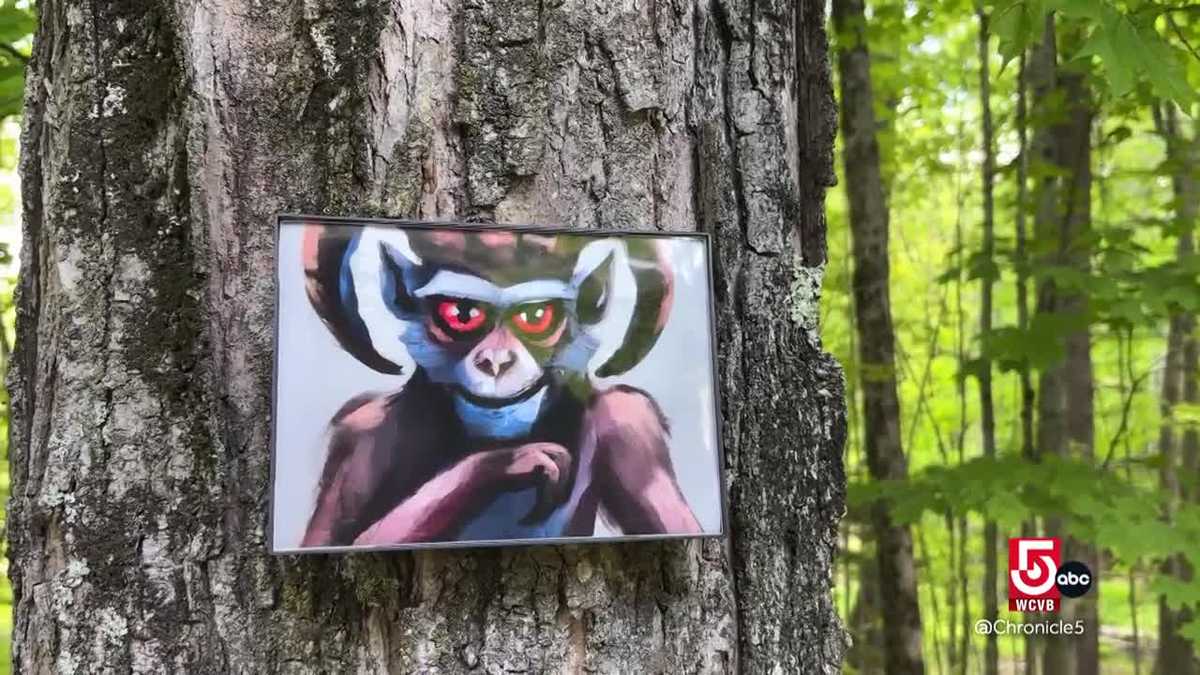There are endless reasons why people act certain ways, but our personalities often stem from our upbringing. What we don’t often see is how someone is brought up and raised, so we don’t consider it when we think about how they act. Sometimes, a person’s upbringing can lead to mental disorders, anxiety, and other issues.
Childhood trauma affects everybody differently, as each child’s brain is different, and everything they experience is perceived uniquely to them, and how they process life. Despite this, there are many similarities with how trauma affects people, specifically children. Many children who go through trauma will have a lot of the same personality traits, and disorders as they age.
One of the most common disorders to come from childhood trauma is Borderline personality Disorder, or BPD. BPD is a mental disorder, where a person has unstable moods, behavior, and relationships. It causes emotions to be felt to their full extent, at all times, and gets worse when in a relationship. This makes it very difficult to be in a relationship, as someone with BPD often self sabotages. There is no treatment for BPD, and it stays with a person for life, as a result of preventable childhood trauma.
When a child experiences trauma, parts of the brain become smaller and have unusual levels of activity, as the trauma physically alters their brain and development. While this is a constant with trauma survivors, it doesn’t always result in BPD. In most cases it causes anxiety, abandonment issues, paranoia, trust issues, or difficulty completing tasks and functioning as an independent adult.
All of this is not to say that a person who experiences trauma will always suffer from these things, but it will always be a part of them. Some people, especially if they are fortunate enough to get therapy and support earlier on in life, are able to “recover” from their trauma, and have minimal damage from it. Many are even get very good at hiding it, being able to have relationships without someone ever having to know what they went through, as they don’t show the effects from it. You could even know someone who experienced childhood trauma. Did you experience trauma? Do you know anyone who did? How do they handle it and cope?
The most important thing to remember is you are not alone, you are loved, and there is help available.





